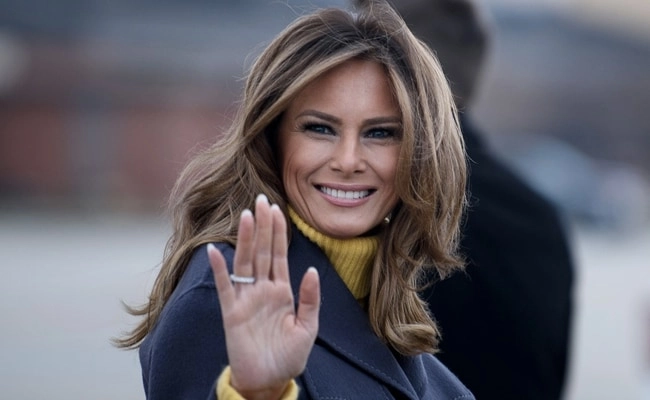In a surprising move, a faction of Republican lawmakers has proposed renaming the iconic Kennedy Center Opera House in Washington, D.C., in honor of Melania Trump, the former First Lady of the United States. This initiative has sparked a wave of reactions, ranging from support among some of her admirers to criticism from those who view it as a politically motivated gesture. The Kennedy Center, a symbol of American culture and the arts, has long been associated with the Kennedy family, particularly President John F. Kennedy, who championed the arts during his administration. The proposal to rename such a prestigious venue raises questions about the intersection of politics and cultural institutions.
Supporters of the renaming argue that Melania Trump deserves recognition for her contributions to the arts and her advocacy for children and education during her time in the White House. They emphasize her role in promoting initiatives focused on well-being and education, particularly through her “Be Best” campaign, which aimed to address issues such as bullying and opioid addiction. Advocates believe that honoring her in this manner would reflect a broader acknowledgment of the various ways First Ladies have shaped American culture and society, even if their influence is often overshadowed by their spouses.
On the other hand, critics argue that the proposal is a blatant attempt to politicize a revered cultural institution. They contend that renaming the Opera House after Melania Trump would dilute its historical significance and detract from the legacy of the Kennedy family. Detractors also express concern that this move could set a precedent for using public spaces to honor political figures in a manner that undermines the nonpartisan nature of institutions like the Kennedy Center. The debate encapsulates a larger discourse on how public spaces are named and the criteria used to honor individuals within the context of American history and culture.
As the proposal garners attention, it is likely to ignite further discussions on the role of First Ladies and the impact of their initiatives on society. The Kennedy Center has historically served as a gathering place for artists and cultural leaders, making it a fitting venue for discussions on arts funding and support for the creative community. In an era marked by deep political divides, the decision regarding the Opera House’s name could become emblematic of broader societal values and the ongoing negotiation of how history is remembered and honored in public spaces. Whether or not the proposal gains traction, it undoubtedly reflects the complex dynamics of political legacy and cultural identity in contemporary America.




